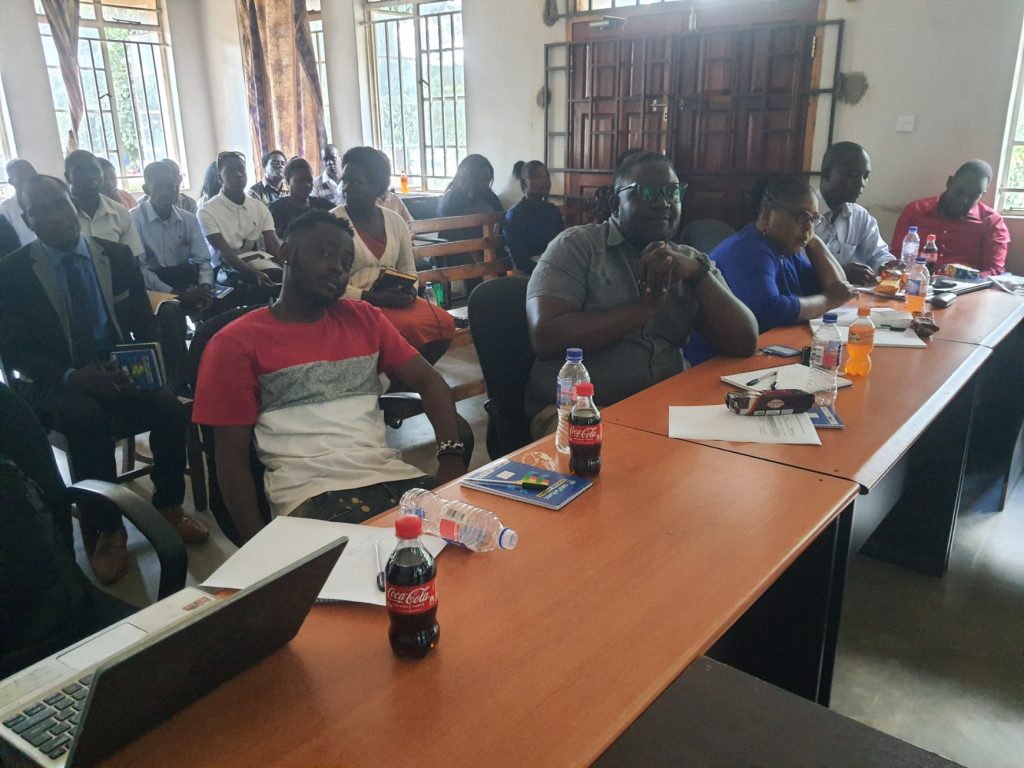As a KP led and oriented organization duly registered in Malawi, CHeRAs core business is reducing vulnerability of minority groups to abuse and HIV. By engaging healthcare providers, law and policy makers, law enforcers, traditional leaders and the public, CHeRA intensifies the need for inclusivity in all aspects of human development, eliminating any form of prejudice or discrimination.
CHeRA is among eight other NGOS that have received funding for a human rights project targeting Male sex workers (MSWs) and key and vulnerable populations, called ‘MFULU’ project.
The MFULU project commenced in April 2024 in Lilongwe district, and it will span for a period of 12 months. This project targets hotspots of key and vulnerable populations in their diversity as male sex workers (MSW), Transgender people (TGs), men who have sex with men (MSM) and people who use and inject drugs (PWUDs). The implementation approach will be KP led through KP peer educators by reaching the KPs with information on Human Rights under the notion of promoting safety, security and enjoyment of human rights for all regardless of sexual orientation or gender identity.
The primary objective of the MFULU project is to promote Human Rights for LGBTIQA+ community members in Malawi. The strategic activities for the project designed in alignment of the objective are as follows; reducing discrimination, violence and harm against LGBTIQA+ individuals, raising awareness of LGBTIQA+ rights as Human Rights, strengthen mechanisms for reporting human rights violations and finally, providing crisis response support to LGBTIQA+
A meeting was held in Lilongwe and clarifications were provided on several matters concerning the project. Among other things, it was highlighted in the meeting that the project had already been introduced to the District Executive Committee (DEC) and the Human Rights component was just an addition to the ongoing project.
Another notable issue that was raised was the need to organize quarterly DACC meetings to strengthen the relationship between the DACC and local organizations and to keep the DACC updated on the progress that the projects are making.

Leave a comment